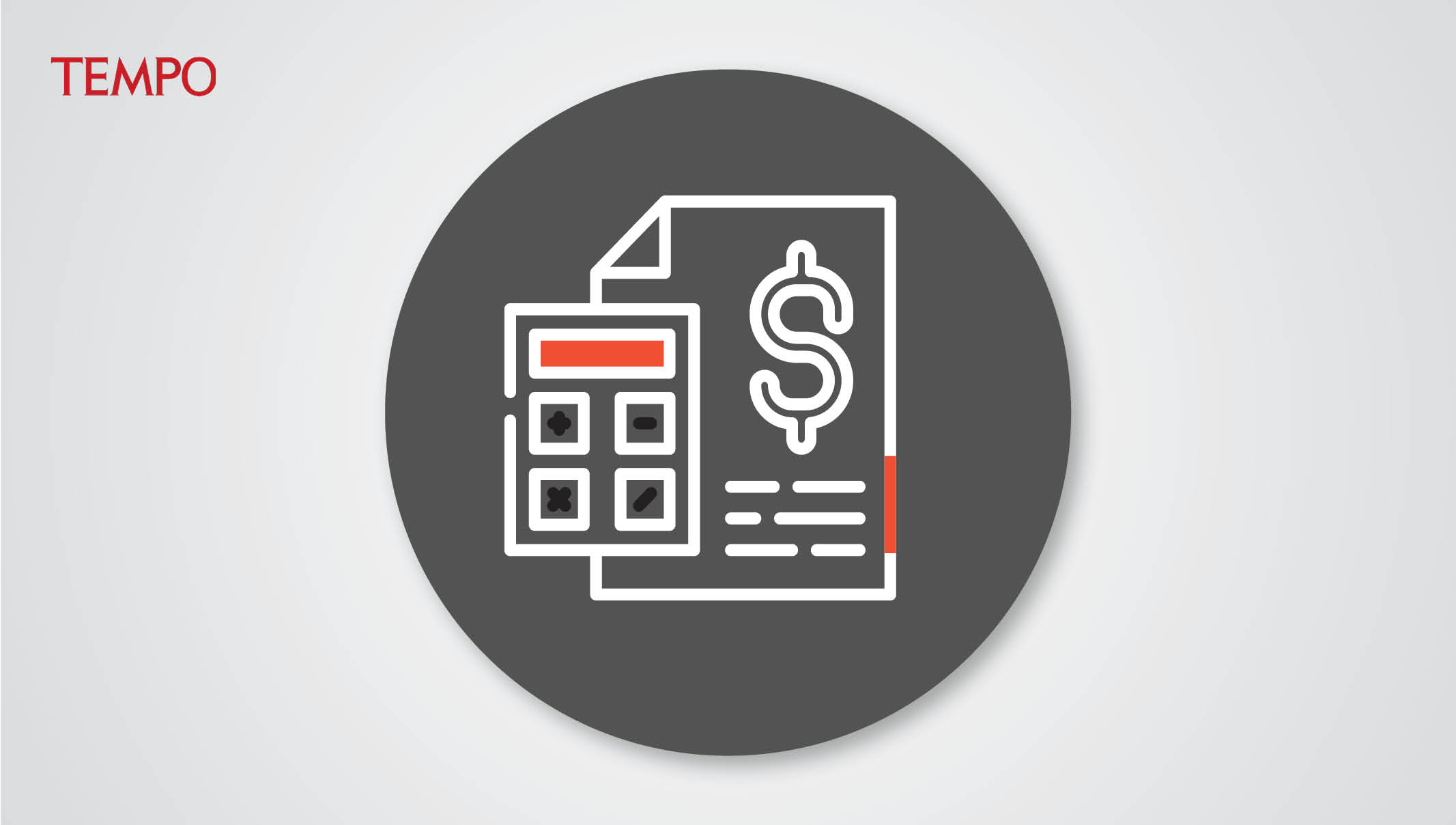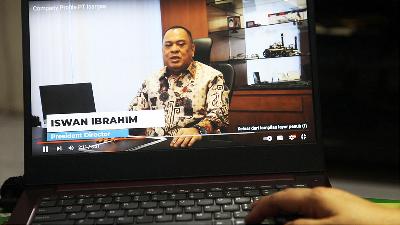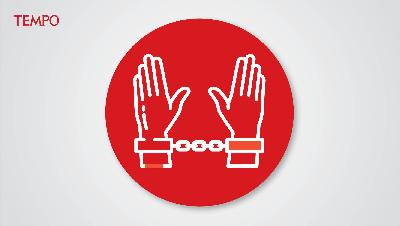The Wrong Way to Manage Natural Gas
Monday, August 28, 2023
National management of natural gas is still messy, presenting obstacles in the energy transition program.
arsip tempo : 174467027620.

WHEN it comes to natural gas, the gas-rich Indonesia finds itself in an irony. As people in other countries are enjoying the environmentally friendly but non-renewable energy source in their daily lives, Indonesians are stuck with dirty coals that pollute our environment.
Indonesia’s natural gas reserves of 62.4 trillion cubic feet by the end of 2022, with proven reserves of 43.6 trillion cubic feet, should have brought optimum benefits. The country’s natural gas reserves, ranked 13th globally, will only run out in 19 years and 9 months, not taking into account new discoveries.
That treasure trove, though, is being wasted by mismanagement. The shambles in Perusahaan Gas Negara (PGN) show how messy the management of the gas commodity is. PGN stands to suffer a loss of Rp212 billion (around US$13.8 million) due to uncollectible receivables from Isar Gas.
The case began in 2017, when PGN made a down payment for its purchase of gas to Isar Gas. After depositing US$15 million, PGN only received US$800,000 worth of gas. The other US$14.1 million of the company’s money remains stuck in that private corporation.
Apart from allegations of corruption, this potential loss would not have existed if the government had been good at managing the natural gas trade. It is common knowledge that the allocation of natural gas purchases is riddled with irregularities. We do not guarantee prospective gas buyers who have successfully negotiated prices with gas producers to receive approval from the energy minister.
That is why, when the government opened the door for private sectors to obtain gas purchase allocations, many shell companies emerged. These companies resell their gas commodity allocations to other companies that have actual customers and real infrastructures.
There was an attempt at improvement when the government banned the multi-stage gas sales in 2016. Companies that were allocated gas purchases from the upstream could only sell directly to the end consumers. This strategy succeeded in cutting down the gas quota traders, but it did not eliminate the energy minister’s absolute rights to decide who was eligible to get the gas quota.
The government’s policies are not helping to revitalize the national gas industry either. Prospective allocation recipients need only submit their proof of ownership or control of gas infrastructure, such as pipelines, without having to create new markets.
Hopes were raised when the government heavily promoted the switch from vehicles using oil fuel to gas fuel (BBG) in 2012. The goal was to boost the domestic gas market. Various measures were taken that included building many gas refueling stations and asking Transportasi Jakarta (Transjakarta) to operate gas-fueled buses.
A decade on, these initiatives are progressing very slowly. Transjakarta has even started to cut back on gas-fueled buses, citing a lack of refueling stations in Jakarta. Automotive manufacturers have been reluctant to sell gas-fueled vehicles as well, leaving Indonesia far behind China, India, and Pakistan.
Likewise, gas pipeline connections for households have not improved much. In 2018, there were 463,000 households connected to natural gas. Two years later, the number only increased to 673,000. The government misses out on the big opportunity from the much more affordable natural gas as a substitute for liquefied petroleum gas (LPG).











